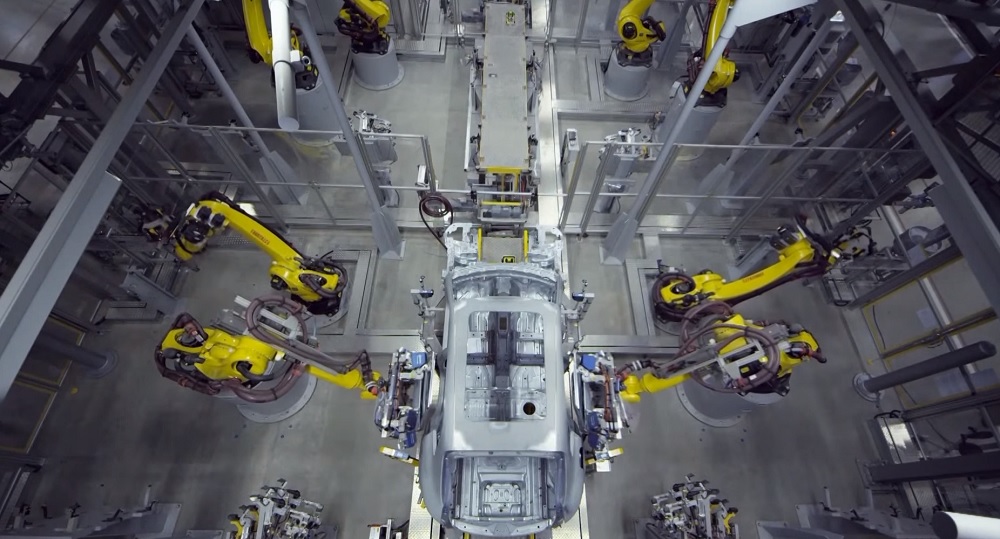
According to a story we read, Porsche’s production lines for all models destined for the UK and Europe will temporarily close in order to retool in preparation for new Worldwide Harmonized Light Vehicle Test Procedure emissions and fuel economy test standards set to come into effect in September. The UN Economic Commission for Europe determined that the existing NEDC testing standards are clearly not capable of capturing real-world examples, and as such have extended the testing procedure to incorporate a more accurate representative result. Porsche, as a result of the new testing schedule, will be updating and retesting each model to be in compliance with this standard.
A Porsche spokesman told Autocar that the company has been gradually growing their global stock of cars to reduce any backlog of demand for new car sales. Because the production lines will be shut down, and buyers will be buying cars that have potentially been sitting on lots for a few months, new car orders are limited to existing models. If you want your Porsche made to spec, you will have to wait until after the WLTP standardized cars have been tested, certified, and approved. Customers in markets subscribing to the UNECE test results should expect to see all cars tested this way increase in posted emissions by 20% and decrease in fuel efficiency by a similar percentage.
“Due to the time this test procedure takes, some models might not be ready for 1 September,” the spokesman said. “But we have grown the stocks of each car in the same way we would if a new model year were to be introduced so as to minimize the impact.”
While Porsche has already discontinued diesel Cayenne and Panamera models in the US market, they have discontinued these models worldwide ahead of the new standards being implemented. It is, in a way, because of these Volkswagen-based diesel models that the new standards were implemented in the first place. Volkswagen’s emissions test defeat devices, part of the so-called Dieselgate proceedings, caused the UNECE revamp in the first place.
While the large backlog of cars has been built up, it is in Porsche’s best interest to be running at near zero inventory by the time September 1st rolls around. Some European governments will allow manufacturers to sell a small percentage of non-WLTP-compliant cars to be sold after the rules take effect, the UK for example, is said to allow around 5-10% of total sales. Whatever that set number ends up being, if Porsche were to exceed that number, those cars would potentially need to be scrapped.
